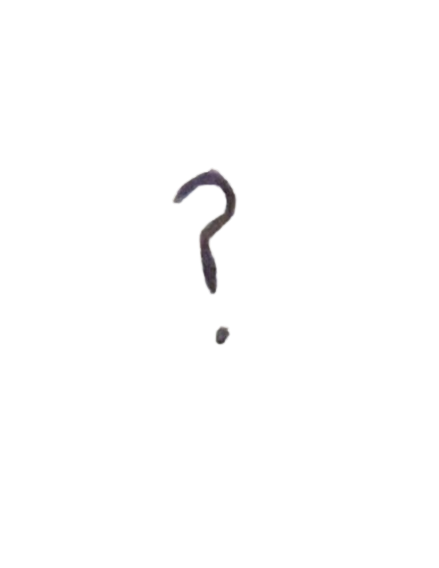
on schadenfreude and the "right" answer
I’ve dug my own grave.
For the past few weeks, I’ve been writing this newsletter, sharing my work, and accepting a surprisingly large amount of feedback from the select few that actually read. I’ve scoured my notes, ramped up my reading, and talked to tens of people to try to expand my writing repertoire, to try and see if there was anything truly “worth writing about.”
But at the heart of it, I realized all the conclusions I was drawing were either deflating in themselves, or deflating to readers. Nobody likes talking about why they have very little political conversations anymore. Nobody likes the fact that they can’t bring themselves to watch the news anymore.
Everything I wrote about was, in a way, absurd. Or uncomfortable. Or slightly confrontational. Sure, on the surface it may have been about why we can’t watch funny movies anymore, but subconsciously, there was always some sort of deeper problem. There was always an issue I had with something, a disease running throughout my mind that I could never seem to find the cure.
But maybe it was never about the cure. Maybe it was never about trying to solve the problems I encountered. Maybe it was never about helping people in that way.
As French philosopher Bruno Latour once said, “there is no cure for the condition of belonging to the world.” If I was really going to tackle all these problems, all these issues that I’ve encountered with the world around me, could I really ever find a cure, especially in such a discreet manner?
In a way, in discussing the absurdity of the world around me, I’d brought upon myself my own Sisyphean task. I’d signed my own death note.
It’s only fitting “that there is no perfect ending,” renowned poet Louise Gluck said. “Indeed, there are infinite endings. Or perhaps, once one begins, there are only infinite endings.”
The world itself is definitive (or so it seems). It will continue to spin whether or not we’re here, whether or not our preferred candidate wins, whether or not we’re late to work. People will continue to be selfish, rude, jealous, and disrespectful every day, regardless of whether or not we like it.
Human nature will always act a certain way – we’re predisposed to be problematic.
We take pleasure in other people’s distress. We have different beliefs than one another, to which we struggle to find the middle ground. We’ll be able to find a true period of serenity, simply because we grouped ourselves in a way where it’s almost impossible.
But if there’s really “infinite endings”, then there’s a chance to change all of that, to change the way in which we look at ourselves. Taking the perspective of “infinite endings” gives us an opportunity for autonomy inside of that definitiveness, for potential inside of the limitations.
And after months of racking my brain, I realized it was never about the cure. It was never about solving everyone’s questions, or being another political or self-help savior on the Internet. It’s never been about that, simply because there’s no successful way to do that – there’s no answer that resolves more questions than it creates.
The disease we all feel, the problems we all encounter are not meant to be eradicated. They’re not meant to be wiped away and forgotten from our memory for the rest of our lives. The flaws have etched themselves into the fabric of reality, regardless of our desperate search for answers.
The cure we all search for isn’t a solution at all, but rather a different way of carrying the disease. Grasping for answers, for eradication of all these problems only leads to disillusionment. It’s not about ignoring the cracks in human nature, but rather finding a way to dance along the fault lines. A way to acknowledge the rot, the absurdity, the darkness, and yet, somehow, find a sliver of light in the shadows.
Because the longer we carry this struggle, this disease, the closer we come to realizing that it’s not something we carry – it’s something we are.